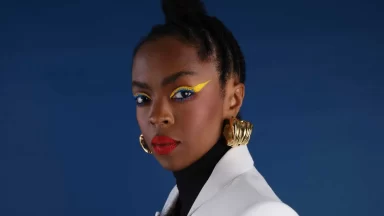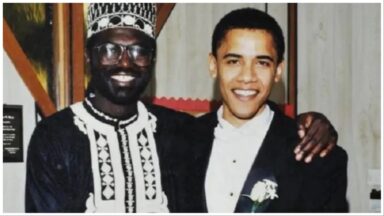By

It’s wondrous, isn’t it, how the people just keep coming out? Day after day, night after night, in dozens of cities, braving a deadly virus and brutal retaliation, they continue to pack the streets in uncountable numbers, demanding equality and justice — and, finally, prompting what feels like real change.
How did this happen? How did Black Lives Matter, a hashtag-powered movement that has been building for years, bring America to what looks like a turning point?
I have a theory: The protests exploded in scale and intensity because the police seemed to go out of their way to illustrate exactly the arguments that Black Lives Matter has been raising online since 2013.
Glass-bottom deck opens atop China’s ‘horizontal skyscraper’
For the last two weeks, the police reaction to the movement has been so unhinged, and so well documented, that it couldn’t help but feed support for the protests. American public opinion may have tipped in favor of Black Lives Matter for good.
By “the police,” I mean not just state and municipal police across the country, but also the federal officers from various agencies that cracked down on protesters in front of the White House, as well as their supporters and political patrons, from police chiefs to mayors to the attorney general and the president himself.
Black Lives Matter aims to highlight the depth of brutality, injustice and unaccountability that American society, especially law enforcement, harbors toward black people. Many protesters set out to call attention to the unchecked power of the police, their military weaponry and their capricious use of it. They wanted to show that the problem of policing in America is more than that of individual bad officers; the problem is a culture that protects wrongdoers, tolerates mendacity, rewards blind loyalty and is fiercely resistant to change. More deeply, it is a law enforcement culture that does not regard black lives as worthy of protection.
And what did the cops do? They responded with a display of organized, unchecked power — on camera, in a way that many Americans might never be able to unsee.
To understand why this moment may prompt structural change, it is worth putting the latest protests into a larger context. To me, the past two weeks have felt like an echo of that heady moment late in 2017, after The New York Times and The New Yorker exposed Harvey Weinstein’s history of sexual assault. At the time, #MeToo, as an online rallying cry against sexual abuse and harassment, was more than a decade old. The Weinstein story didn’t create that movement, just as the videos of George Floyd’s death at the hands of the Minneapolis police didn’t create Black Lives Matter.
Source: Black Lives Matter Is Winning



Recent Comments